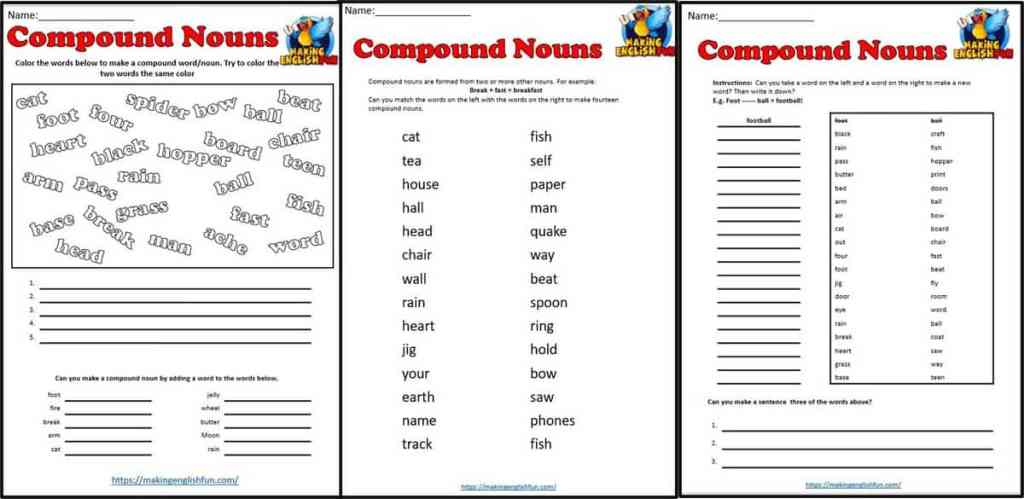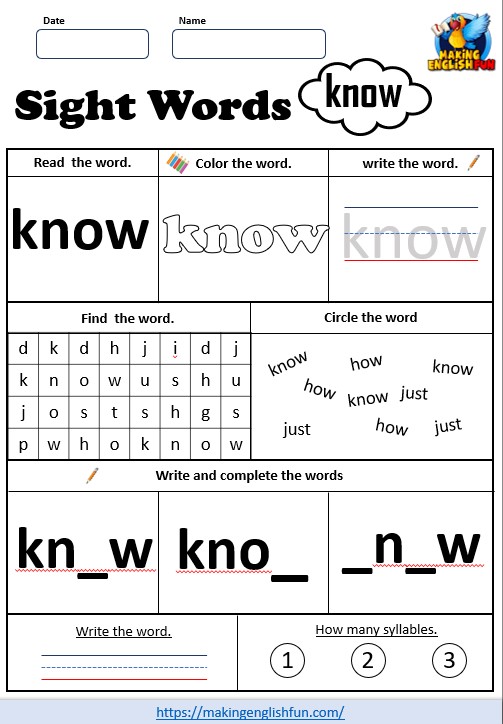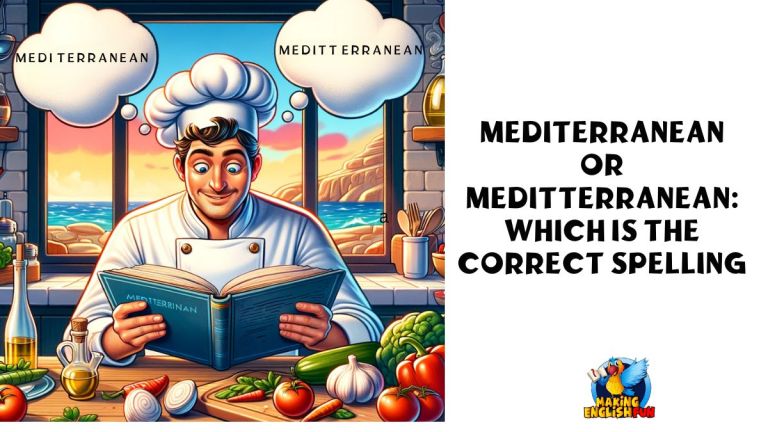How to Teach a Child to Read Difficult Words
If your child has begun reading, you may wonder how to increase the skill level and help them read complex, complicated or difficult words. The good news is that they probably already have the skills, but they need to practice and perfect their abilities. Teachers and parents may need guidance on how to teach a child to master reading difficult words and we have some tips below.
Reading difficult words requires children and students to put into practice all the reading skills they have learnt. These reading skills include, phonics, chucking words, prefix and suffix recognition, syllabification and spelling patterns. Using a combination of these skills will help with decoding difficult words
Part of the challenge with reading difficult words is the lack of vocabulary the child possesses. He or she may not know the vocabulary in the text, which makes reading comprehension a challenge. Keeping a dictionary or access to online dictionaries can help with definitions if context clues and passages are not helpful for determining meaning.

Phonics Doesn’t Stop with Easy Words.
Those same phonics strategies you used when teaching your child to read beginner words are still applicable now for reading difficult words. Sometimes, it’s just a matter of understanding how to read words. Reading difficult words will take a longer to master, but the same techniques will get them through.
- Have your child consider the phonemes and graphemes present in the words. What do the letters do when put together?
- Your child has already learned about silent letters like K, C, B, and E. They have also already learned about digraphs, diphthongs, and other blends.
- Even if they do not know these vocabulary words, they know how the words and sounds work. Use that to your advantage. Continue using these phonics skills to expand their reading skills.
Explain Prefix and Suffix Rules to Help with Reading Difficult Words
Prefixes and suffixes are often simply categorized as affixes. They are chunks affixed to a word to change or enhance the meaning.
Verbs and nouns might become adverbs or adjectives. Maybe the word simply becomes an opposite or enhanced version of itself. For instance, -er is a suffix meaning more that is added to single-syllable words. Learning what affixes do to words can help children build their reading skills a little more and help them reading difficult words..
Splitting Words Can Help When Reading Difficult Words.
Split the words into easier to handle chunks to help when reading difficult words. One easy way to do this is to look for compound words or words with prefixes and break the words between those. For example, a word like kindly may not be familiar to a young reader.
It’s not an exceptionally difficult word, but it can throw off a reader if they don’t know it. However, it clearly has a suffix (ly) and root (kind). Your child may also be able to tell that it is an adjective meaning doing something with a kind nature—smiling kindly.
Looking for words within the difficult words can help then break down and split words. This is also referred to as chunking words
Likewise, you might choose to separate compound words and nouns like homemade into home and made. We have worksheets linked on the image below if you need.
The word is literally the definition here. When we combine words, we often eliminate the e at the end of the first word. Since homemade doesn’t do this, it can be confusing for children. This word will be easily figured out when using these techniques.
Spelling Patterns
While we have discussed digraphs and blends in a previous section, children will sometimes notice spelling patterns that aren’t necessarily considered a blend or even have a specific title. SCH is a blend found in words like school and Schneider.
These two words are not pronounced the same way. However, this can help your child see the way that letter combinations might change depending on the origin. Also, words like school and scholar do not follow the same pattern, but you can see some similarities.
Your child will notice similar patterns in school, scholar, scholarly, and scholarship. The sch sound is the same in all of these and is followed by at least one o. Much of this is due to the roots of the words and word origins, but developing readers will not have this knowledge yet. Learning to look for similar words and patterns can help with pronunciation and vocabulary development as well as with reading difficult words.
How Can Guessing Help When Reading Difficult Words?
It isn’t the best strategy, but guessing isn’t out of the question. Sometimes, you have to trust yourself and your abilities and use the information you have to make your best guess. However, we do not want to encourage children to simply guess.
We want them to take what they know about words and try to decipher the word for themselves. Sometimes, that means making an educated guess. Are there affixes? Patterns? Clues?
Knowing these things can help your child figure out what a word is or what it means. Many people may not have heard the word affixes before this article. However, we mentioned prefixes and suffixes. You can clearly see all three words have some sort of “fixes” in them.
Pre comes before and is a common prefix meaning before. While your child might not recognize the “su” in suffix as being a clue, we know that surnames are last names, so suffixes coming last isn’t too hard to get.
Since we lumped them together and called them affixes, it is a pretty good guess to think that affixes are All the things connected to a root, before or after. This would be an educated guess.
Can Online Spelling Games Help With Reading Difficult Words.
Although we have a bigger article being put together on online spelling games we can advise using them here as well. with sites like spelling city children can practice on tablets. Ipads and phones.
At least their screen time becomes more useful!
Syllables
I hesitate to encourage this one when teaching children how to read difficult words. The reason is that all words do not break cleanly into syllables. Readers may not know where to break the syllables and get a word wrong. Syllabic meaning requires readers to know the pronunciation and syllabic breaks of the target word. This might be easier with words that are made of two single-syllable words.
Dictation
We often know how to say and use words before we know what they look like spelled. My mother’s favorite phrase when I got annoyed with her jokes was that she was “just being facetious.”
I was fifteen before I encountered the word in a text. I could accurately use the word at nine. Rather than just talking to your children, encourage a little dictation. Ask for their help writing grandma a letter. Tell them what you want to say.
You can do this while cooking dinner and pretend that you just don’t have time to write it. On another day, offer to write a letter to their friends for them. They can tell you what to write, and you can correctly spell more challenging words.
Encourage them to write their own letters. Offer to proofread them later if you want. These letters can be electronic letters like emails or handwritten letters. The choice is yours but all are great ways to teach children how to read difficult words

Final Thoughts
Don’t forget the roots of your lessons. Phonics, roots, affixes, blends, patterns, and trial and error are all good ways to expand your knowledge of difficult words. When your child makes a best guess, help them correct their guess and explain why it’s wrong if you need to change it. teaching children how to read difficult words is going to take many strategies, practice and of course time!
Don’t just tell them it’s wrong. Likewise, when children misunderstand patterns or syllables, help them see how to fix it rather than just whether or not it is correct. Children need more information to make better choices in the future.
At the end of the day, reading takes practice. A good dictionary is always an excellent choice for help with pronunciation and meaning if your text is vague or confusing. If too many words require dictionary work, it may be too difficult. Back off a little and build skills up before revisiting the text.
Teaching children how to read difficult words opens up more complex books and encourages their reading journey. Hopefully we have give you some ideas how to achieve that.








4 Comments